COURT RULING ON ANTI-CORRUPTION AGENCY
입력 2021.01.29 (15:05)
수정 2021.01.29 (16:46)
읽어주기 기능은 크롬기반의
브라우저에서만 사용하실 수 있습니다.
[Anchor Lead]
The Constitutional Court has ruled that the establishment of a new, powerful anti-corruption investigation agency is in accordance with the Constitution. This comes in response to complaints filed by opposition lawmakers. Following the ruling that clears the way for the agency's full operation, the inaugural chief of the Corruption Investigation Office for High-ranking Officials(CIO) has nominated a judge-turned-lawyer as his deputy.
[Pkg]
Last year, opposition lawmakers filed petitions asking the Constitutional Court to review the constitutionality of the CIO law in its entirety. On Thursday, the court ruled the establishment of the CIO is constitutional and also dismissed other claims cited in the complaint as having no relevance to violating basic rights of those who filed the petition. Opposition lawmakers argued the operation of the CIO violates the principle of the separation of powers. But the court said the new agency essentially belongs to the executive branch and deemed it as a central administrative unit. But it noted that the CIO stands independent from the executive branch due to the special nature of its work. The court highlighted that the CIO law does not contradict the separation of powers principle because the agency can be placed under checks by parliament and the judiciary. Responding to another claim raised by the lawmakers who argued the CIO infringes on the investigative authority of the existing prosecution service such as on warrant requests, the court said the meaning of prosecutors as defined under the Constitution is not limited to those solely in the prosecution service. But the judges were divided on a particular article of the CIO law that allows the agency to supersede other investigative bodies and have the power to request the transfer of certain cases that involve high-ranking officials. Following the Constitutional Court ruling, Kim Jin-wook, the CIO’s inaugural director general, nominated lawyer Yeo Woon-kook as his deputy, hinting at accelerated efforts to set up the organization.
[Soundbite] KIM JIN-WOOK(CIO DIRECTOR GENERAL) : "CIO will be able to move forward as the court ruling puts an end to the constitutionality dispute."
Kim also addressed another controversial issue: whether the CIO should investigate an ongoing probe into an alleged Justice Ministry violation in the issuance of a travel ban against a former vice justice minister back in 2019. As opinions differ even among Constitutional Court judges regarding the issue, Kim will further review the matter with his deputy and present a stance in the coming days.
The Constitutional Court has ruled that the establishment of a new, powerful anti-corruption investigation agency is in accordance with the Constitution. This comes in response to complaints filed by opposition lawmakers. Following the ruling that clears the way for the agency's full operation, the inaugural chief of the Corruption Investigation Office for High-ranking Officials(CIO) has nominated a judge-turned-lawyer as his deputy.
[Pkg]
Last year, opposition lawmakers filed petitions asking the Constitutional Court to review the constitutionality of the CIO law in its entirety. On Thursday, the court ruled the establishment of the CIO is constitutional and also dismissed other claims cited in the complaint as having no relevance to violating basic rights of those who filed the petition. Opposition lawmakers argued the operation of the CIO violates the principle of the separation of powers. But the court said the new agency essentially belongs to the executive branch and deemed it as a central administrative unit. But it noted that the CIO stands independent from the executive branch due to the special nature of its work. The court highlighted that the CIO law does not contradict the separation of powers principle because the agency can be placed under checks by parliament and the judiciary. Responding to another claim raised by the lawmakers who argued the CIO infringes on the investigative authority of the existing prosecution service such as on warrant requests, the court said the meaning of prosecutors as defined under the Constitution is not limited to those solely in the prosecution service. But the judges were divided on a particular article of the CIO law that allows the agency to supersede other investigative bodies and have the power to request the transfer of certain cases that involve high-ranking officials. Following the Constitutional Court ruling, Kim Jin-wook, the CIO’s inaugural director general, nominated lawyer Yeo Woon-kook as his deputy, hinting at accelerated efforts to set up the organization.
[Soundbite] KIM JIN-WOOK(CIO DIRECTOR GENERAL) : "CIO will be able to move forward as the court ruling puts an end to the constitutionality dispute."
Kim also addressed another controversial issue: whether the CIO should investigate an ongoing probe into an alleged Justice Ministry violation in the issuance of a travel ban against a former vice justice minister back in 2019. As opinions differ even among Constitutional Court judges regarding the issue, Kim will further review the matter with his deputy and present a stance in the coming days.
■ 제보하기
▷ 카카오톡 : 'KBS제보' 검색, 채널 추가
▷ 전화 : 02-781-1234, 4444
▷ 이메일 : kbs1234@kbs.co.kr
▷ 유튜브, 네이버, 카카오에서도 KBS뉴스를 구독해주세요!
- COURT RULING ON ANTI-CORRUPTION AGENCY
-
- 입력 2021-01-29 15:05:43
- 수정2021-01-29 16:46:22
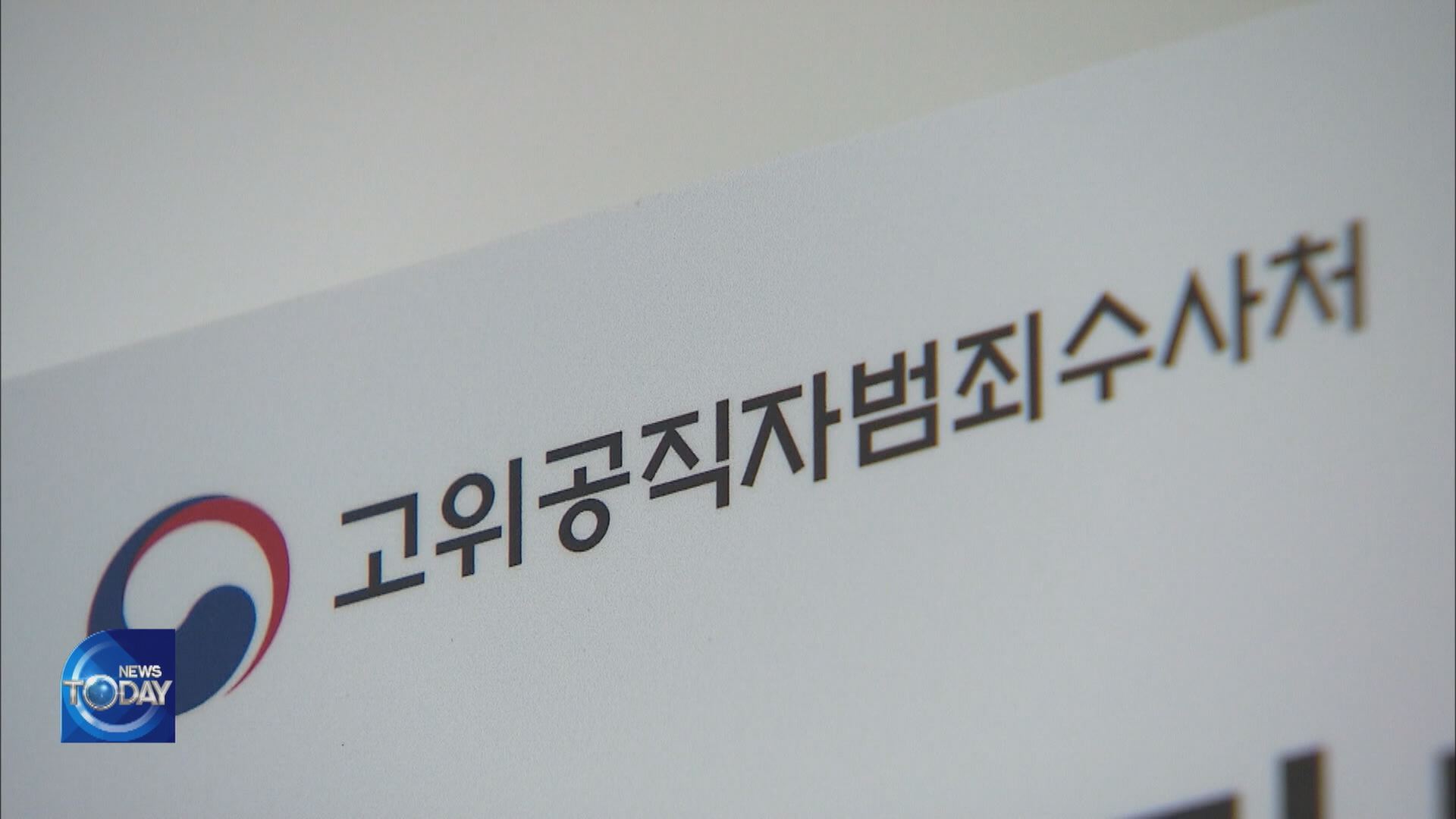
[Anchor Lead]
The Constitutional Court has ruled that the establishment of a new, powerful anti-corruption investigation agency is in accordance with the Constitution. This comes in response to complaints filed by opposition lawmakers. Following the ruling that clears the way for the agency's full operation, the inaugural chief of the Corruption Investigation Office for High-ranking Officials(CIO) has nominated a judge-turned-lawyer as his deputy.
[Pkg]
Last year, opposition lawmakers filed petitions asking the Constitutional Court to review the constitutionality of the CIO law in its entirety. On Thursday, the court ruled the establishment of the CIO is constitutional and also dismissed other claims cited in the complaint as having no relevance to violating basic rights of those who filed the petition. Opposition lawmakers argued the operation of the CIO violates the principle of the separation of powers. But the court said the new agency essentially belongs to the executive branch and deemed it as a central administrative unit. But it noted that the CIO stands independent from the executive branch due to the special nature of its work. The court highlighted that the CIO law does not contradict the separation of powers principle because the agency can be placed under checks by parliament and the judiciary. Responding to another claim raised by the lawmakers who argued the CIO infringes on the investigative authority of the existing prosecution service such as on warrant requests, the court said the meaning of prosecutors as defined under the Constitution is not limited to those solely in the prosecution service. But the judges were divided on a particular article of the CIO law that allows the agency to supersede other investigative bodies and have the power to request the transfer of certain cases that involve high-ranking officials. Following the Constitutional Court ruling, Kim Jin-wook, the CIO’s inaugural director general, nominated lawyer Yeo Woon-kook as his deputy, hinting at accelerated efforts to set up the organization.
[Soundbite] KIM JIN-WOOK(CIO DIRECTOR GENERAL) : "CIO will be able to move forward as the court ruling puts an end to the constitutionality dispute."
Kim also addressed another controversial issue: whether the CIO should investigate an ongoing probe into an alleged Justice Ministry violation in the issuance of a travel ban against a former vice justice minister back in 2019. As opinions differ even among Constitutional Court judges regarding the issue, Kim will further review the matter with his deputy and present a stance in the coming days.
The Constitutional Court has ruled that the establishment of a new, powerful anti-corruption investigation agency is in accordance with the Constitution. This comes in response to complaints filed by opposition lawmakers. Following the ruling that clears the way for the agency's full operation, the inaugural chief of the Corruption Investigation Office for High-ranking Officials(CIO) has nominated a judge-turned-lawyer as his deputy.
[Pkg]
Last year, opposition lawmakers filed petitions asking the Constitutional Court to review the constitutionality of the CIO law in its entirety. On Thursday, the court ruled the establishment of the CIO is constitutional and also dismissed other claims cited in the complaint as having no relevance to violating basic rights of those who filed the petition. Opposition lawmakers argued the operation of the CIO violates the principle of the separation of powers. But the court said the new agency essentially belongs to the executive branch and deemed it as a central administrative unit. But it noted that the CIO stands independent from the executive branch due to the special nature of its work. The court highlighted that the CIO law does not contradict the separation of powers principle because the agency can be placed under checks by parliament and the judiciary. Responding to another claim raised by the lawmakers who argued the CIO infringes on the investigative authority of the existing prosecution service such as on warrant requests, the court said the meaning of prosecutors as defined under the Constitution is not limited to those solely in the prosecution service. But the judges were divided on a particular article of the CIO law that allows the agency to supersede other investigative bodies and have the power to request the transfer of certain cases that involve high-ranking officials. Following the Constitutional Court ruling, Kim Jin-wook, the CIO’s inaugural director general, nominated lawyer Yeo Woon-kook as his deputy, hinting at accelerated efforts to set up the organization.
[Soundbite] KIM JIN-WOOK(CIO DIRECTOR GENERAL) : "CIO will be able to move forward as the court ruling puts an end to the constitutionality dispute."
Kim also addressed another controversial issue: whether the CIO should investigate an ongoing probe into an alleged Justice Ministry violation in the issuance of a travel ban against a former vice justice minister back in 2019. As opinions differ even among Constitutional Court judges regarding the issue, Kim will further review the matter with his deputy and present a stance in the coming days.
이 기사가 좋으셨다면
-
좋아요
0
-
응원해요
0
-
후속 원해요
0










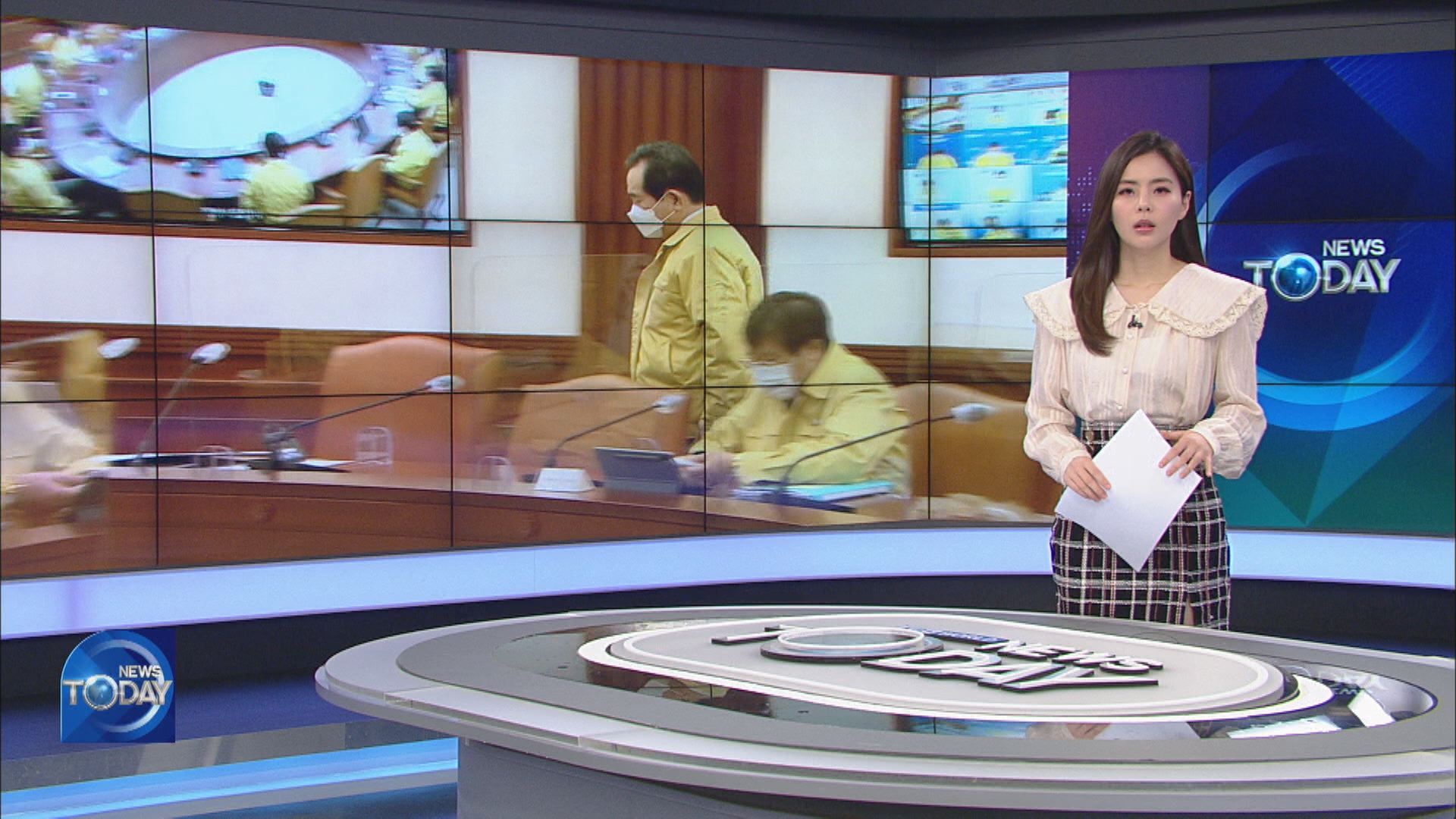
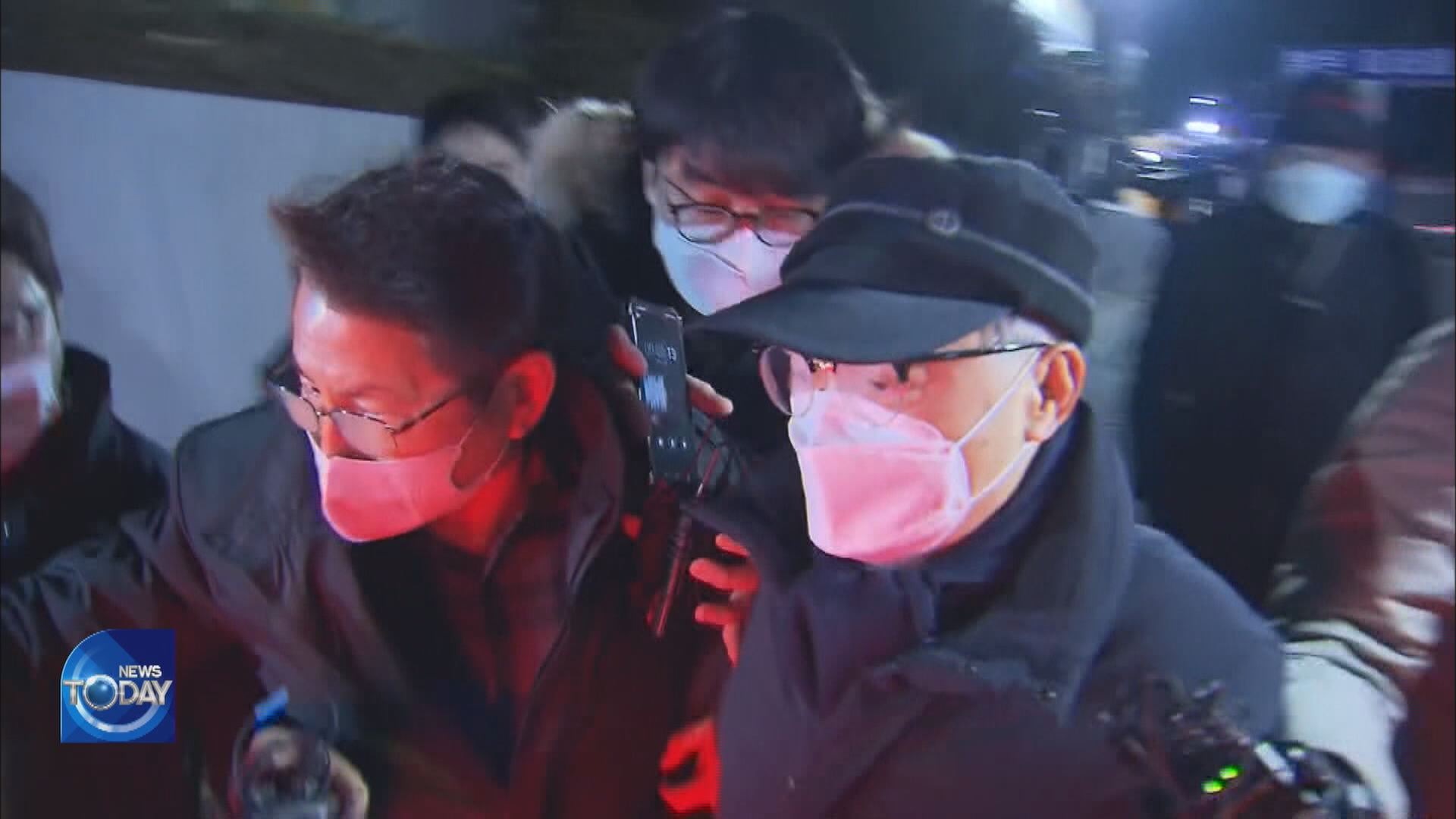
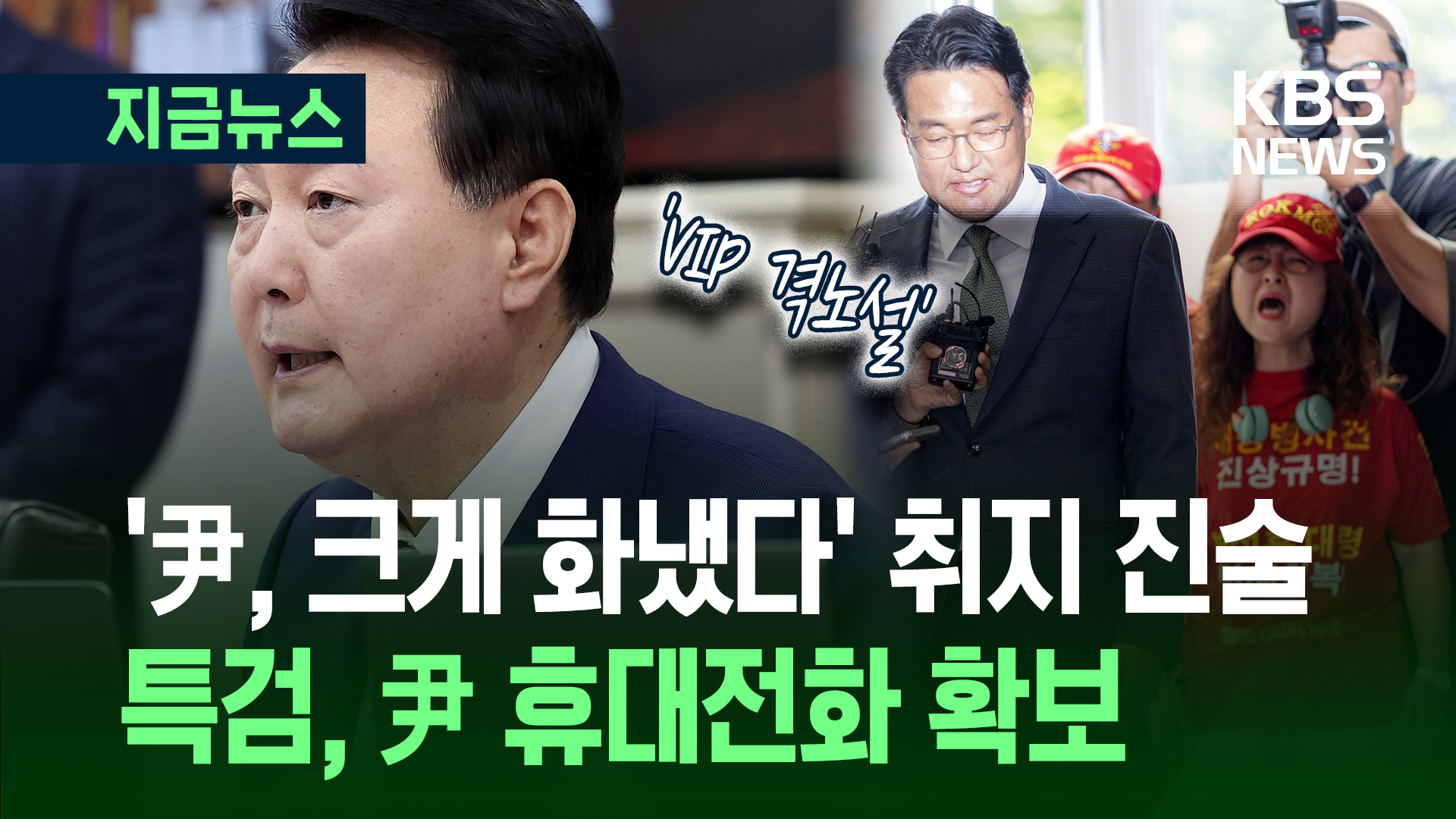
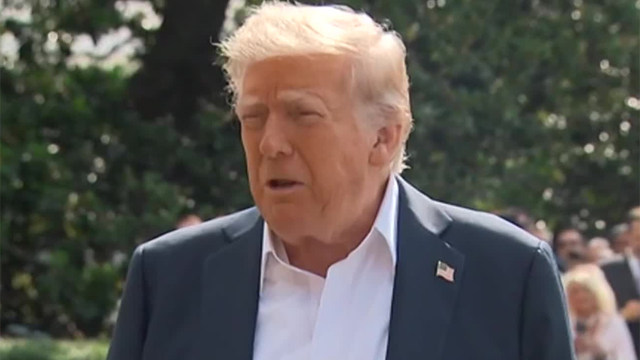

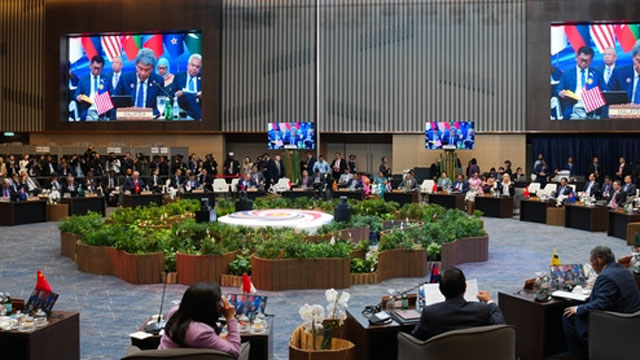

이 기사에 대한 의견을 남겨주세요.